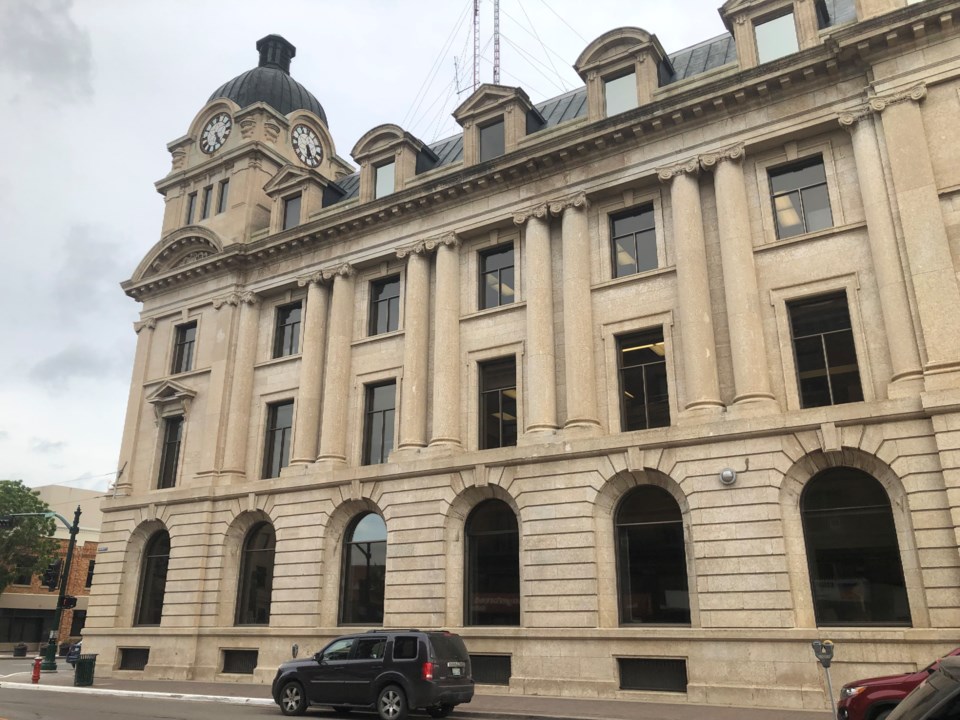Council passed an amendment to the city’s Replacement Housing Incentive Program (RHIP), giving the program more flexibility while also seeking greater accountability from building permit holders.
The RHIP is intended to stimulate the construction of new housing within the city. To be eligible, a developer must either be demolishing a structure for the purpose of building a new single-unit or duplex dwelling, or be constructing a dwelling on an in-fill lot within designated areas — an in-fill is the space left over after a demolition or once other construction is complete.
“The RHIP has been very successful, closing in on 100 applications,” Jim Dixon, the city economic development manager, reported to council. “The whole idea around it is, we’ve got infrastructure, we can take advantage of it to stimulate housing development, which we always need.”
Dixon said the proposed changes were minor, but important. The recommended adjustments were:
- Remove the one (1) year timeframe for construction;
- Allow the RHIP tax exemption eligibility to be transferrable and assignable within the five (5) year period.
“There could be some consideration for maybe a two- or three-year limit if council saw fit,” Dixon said. “And then, of course, the other one is with regards to ownership. And this is transferable if somebody should choose to sell within the five-year period.”
The RHIP is noted on the MooseJaw.ca website and promoted by city staffers to builders or owners when building permits are applied for.
The one-year timeframe for substantial completion has caused issues for both developers and the City of Moose Jaw, said the report from the Department of Planning and Development Services.
The report also suggested that regardless of how many times property ownership changes within the five-year tax exemption period, the property owner should continue to receive the exemption.
City councillor Heather Eby asked whether city administration is actively tracking building permit holders to keep the RHIP information up to date.
“That’s a good question,” Dixon acknowledged. “It’s a question I had today with our folks in our department. And right now, we’re not really tracking that.”
He noted that currently, the City is short two Building Officials, whose job is to track and monitor program applicants. Once those officials are in place, more supervision can be expected.
“Until they start requesting inspections, we have no idea what’s going on (at the site),” Dixon continued. “Moving forward, we would like to be tracking the building permits.”
As discussion moved forward, city solicitor Andrew Svenson clarified that current city by-laws already contain building permit limits. Building permits expire after two years, and permits expire after six months if no work has yet started. Permits also expire if work stop for six months or more.
City council ultimately decided they were fine with the redundancy, as it would help make the two-year limit perfectly clear to all concerned. The entire council was happy with the tax exemption being transferrable.
“I’m excited to see the amendment adding the tax transfer portion,” said Councillor Jamey Logan. “In my opinion, that could spur development within the city and certainly infill housing potentially could take off. For years, we put a stop sign up when people tried to sell them.
“This will hopefully help spur some development and get some of that in-fill rolling.”




